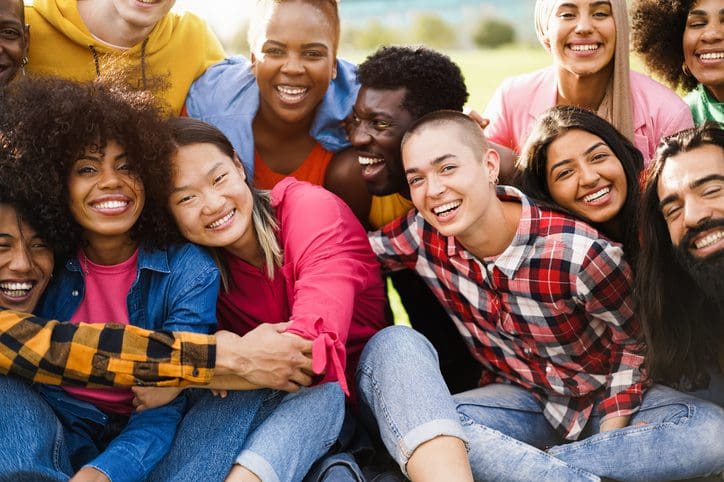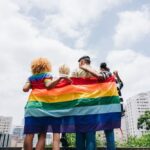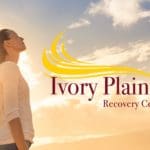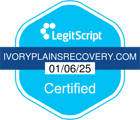According to a 2021 study, many members of the LGBTQIA2s+ community (which we’ll collectively refer to in this article as LGBTQ),“present poorer mental and physical health results compared to the heterosexual and cisgender population. There are barriers in the healthcare system that increase these health inequities.” Without a proactive focus on health equity, some people in the LGBTQIA2s+ Community may have greater challenges in their quest for addiction recovery.
Lack of Health Equity in the LGBTQIA2s+ Community
The World Health Organization (WHO) indicates that health is “a fundamental right.” It further defines equity as “the absence of unfair, avoidable or remediable differences among groups of people, whether those groups are defined socially, economically, demographically, or geographically, or by other dimensions of inequality (e.g. sex, gender, ethnicity, disability, or sexual orientation).”
Unfortunately, for many LGBTQ people, health equity is another discriminatory factor. Consider the following facts:
- Until 1968, the American Psychiatric Association defined homosexuality as “a ‘sexual deviation,’” and looked upon as something to be “‘cured’ and returned to a heteronormative state.”
- In 1990, the WHO finally removed homosexuality from the International Classification of Diseases.
- It took until 2003 for the U.S. Supreme Court to reverse the “homosexual conduct law, which decriminalizes same-sex sexual conduct.”
- In 2017, the Center for American Progress (CAP) reported that “discrimination in health care settings endangers LGBTQ people’s lives through delays or denials of medically necessary care.” The organization’s survey findings revealed numerous violations in the health care community including, but not limited to:
- Denying service to members of the LGBTQ community and children of same-sex parents.
- LGBTQ patients being verbally, emotionally, physically, and sexually abused.
- Patients who are also refused necessary treatment or intervention services.
- “A doctor or other health care provider intentionally misgendered them or used the wrong name.”
According to Introduction to LGBTQ Studies: A Cross-Disciplinary Approach, data from the Movement Advancement Project indicates that “as of 2021, 16 states offer protections for both sexual orientation and gender identity; 24 states prohibit transgender exclusions in health insurance coverage; six states offer health insurance protections for only gender identity, and 28 states offer no protections for LGBTQ+ health insurance.” Circumstances aren’t necessarily getting better. For example, as of 2023 in Iowa, many discriminatory laws and proposed bills are in effect especially for LGBTQ youth that directly impact their health and development. Also earlier in 2023, USA Today reported “a war on LGBTQ existence” across the country due to the exceedingly high number of anti-LGBTQ bills introduced this year “than in all of 2012-2015 combined…despite nearly 80 percent of Americans saying they support nondiscrimination protections for LGBTQ people.”
What True Health Equity Means
What’s the difference between equality and equity? We offer this definition from the Robert Wood Johnson Foundation verbatim:
- Equality: everyone gets the same, regardless if it’s needed or right for them
- Equity: everyone gets what they need, understanding the barriers, circumstances, and conditions
Health equity means supporting affordable, accessible care for all people regardless of:
- Ability
- Age
- Cultural differences
- Ethnicity
- Geographical location
- Gender identity or expression
- Nationality
- Race
- Sex
- Sexual orientation
- Socioeconomic status
In the U.S., members of the LGBTQIA2s+ Community make up nearly 10 percent of the population but experience discrimination and institutional bias based on one or more of the above factors. CAP survey data show that “many LGBTQ people would face significant difficulty finding an alternative provider if they were turned away by a health care provider, such as a hospital, clinic, or pharmacy.” It’s even worse if they live outside of a metropolitan area, with 30–40 percent of nonmetro respondents indicating that it “would be very difficult or not possible to find the same type of service at a different hospital, community health center or clinic, or pharmacy.”
Resources That Can Help The LGBTQIA2s+ Community
If you’re a member of the LGBTQIA2s+ Community and need equity care access, look into these organizations.
Gay and Lesbian Medical Association
GLMA is “the world’s oldest and largest association of lesbian, gay, bisexual, transgender, and queer and allied health professionals.” You can participate in research, locate ethical providers, and discover other necessary resources.
This organization’s primary mission is focused on LGBTQ racial and gender justice through the advocacy of queer, trans, and allied youth leaders for safer schools and healthier communities.
National Minority Health Alliance
Through the Make Well Known Foundation, this program incorporates resources to address the leading causes of morbidity and mortality in “Black, Hispanic/Latino, Asian/Pacific Islander, and American Indian communities.”
This national initiative is designed to “connect our LGBTQIA2s+ Community people and our families, friends, and allies—with the new health insurance coverage options available under the Affordable Care Act.”
This community-based site of patients and providers promotes health equity in the LGBTQIA2s+ Community, including transition-related care, by allowing individuals to “rate and review their health and wellness providers to help others.”
An initiative of the Tegan and Sara Foundation, this program “fights for health, economic justice and representation for LGBTQ girls and women.”
Ivory Plains: Proud to be Inclusive
Our addiction rehabilitation program in Adair, Iowa utilizes an evidence-based structured approach toward establishing a strong foundation in recovery. Our professionals acknowledge collective challenges but also strive to honor the dignity of each individual, considering all aspects of their lives and providing customized solutions for their future success as a whole person—mind, body, and spirit. Ask a member of our admissions team how we can help you.








